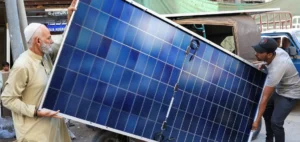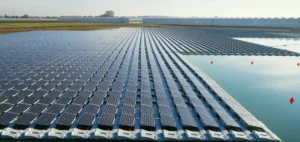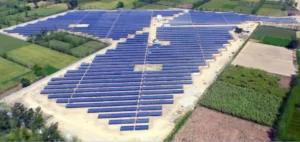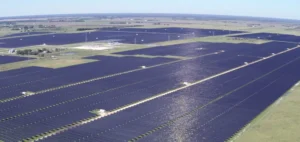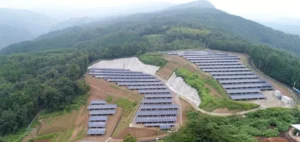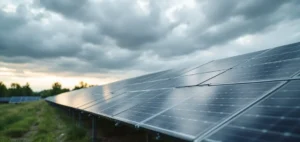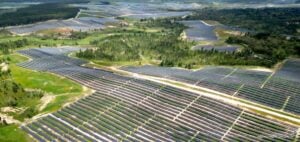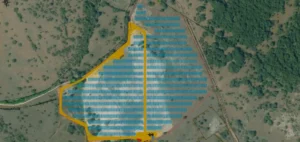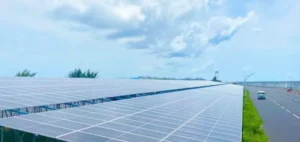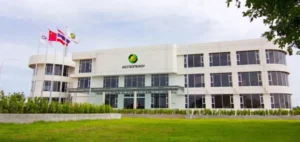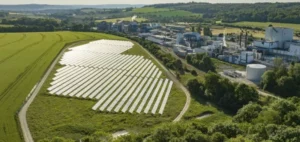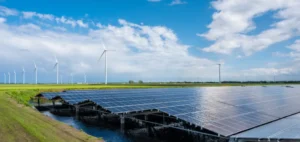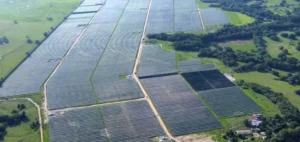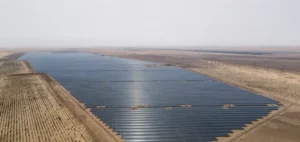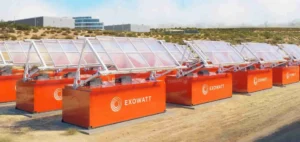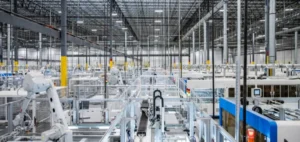Systovi, founded in 2008 in Carquefou, announces its receivership. Affected by Chinese dumping, the company was unable to withstand the impact of short-term, ineffective protectionist policies. Regulatory attempts in Europe have not kept pace with the need to support Systovi in the face of this unfair competition.
Impact of the French solar plan
In response, France has recently stepped up its efforts to support the local solar sector. The announced plan aims to double solar energy production capacity by 2030. This strategy includes the construction of two new factories, hoping to make up for the lack of industrialization and reduce dependence on Asian imports.
Industry and government reactions
Daniel Bour, President of Enerplan, highlights the challenges of relying exclusively on imported components in an unstable market. The government, through Economy Minister Bruno Le Maire, has reaffirmed its commitment to reducing this dependence by increasing domestic production of solar panels.
Outlook and implications for the future
This cessation of activity raises questions about the viability of small and medium-sized companies in the sector in France. The government’s adjusted target of 100 GW of solar power capacity by 2035 reflects renewed ambition, but also the need for swift and effective action.
Consequences for employees and the industry
Paul Toulouse, Systovi’s Managing Director, expresses his dismay at the closure. The government is closely monitoring the situation of the 87 employees and the future of the company’s assets, in an effort to minimize the social impact of this industrial transition.
Systovi’s closure highlights the complex challenges facing the French solar industry, which is confronted with both global forces and internal politics. It calls for in-depth reflection on the measures needed to protect and revitalize the national solar industry.



